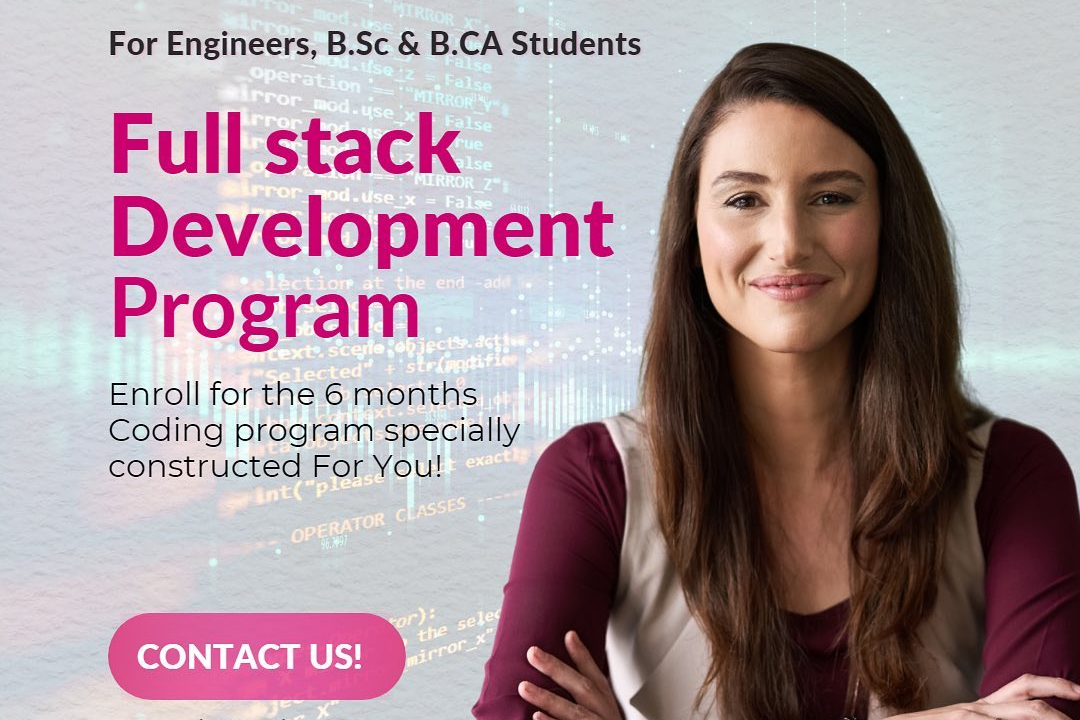Difference Between Specialization And Generalization In Dbms
distinguishing specialization and generalization in database management systems
Difference Between Specialization And Generalization In Dbms
In database management systems (DBMS), specialization and generalization are two key concepts in data modeling that describe the relationship between entities. Specialization involves creating new entities from an existing entity based on some distinguishing characteristics or attributes. This results in a narrower and more specific entity that inherits all attributes of the original entity along with new attributes unique to the specialized entity. On the other hand, generalization involves combining multiple entities with similar characteristics or attributes into a more generalized entity. This results in a broader and more abstract entity that can represent multiple specialized entities. Specialization is a bottom-up approach that focuses on creating specific entities from a general entity, while generalization is a top-down approach that focuses on grouping common attributes to form a more general entity. Both concepts are used in hierarchical data modeling to organize and structure data efficiently in a database system.
To Download Our Brochure: https://www.justacademy.co/download-brochure-for-free
Message us for more information: +91 9987184296
1 - Specialization in a DBMS involves creating new entities that inherit attributes from one or more general entities, allowing for more specific data modeling. Generalization, on the other hand, involves combining multiple entities into a more general entity.
2) Specialization can be viewed as a top down approach, where new entities are formed from an existing entity based on specific characteristics or attributes. Generalization is seen as a bottom up approach, where common attributes are identified and combined into a more generalized entity.
3) In customization, specialized entities have specific attributes that are unique to them, helping to capture detailed information about distinct object types. Generalization, by contrast, simplifies the data model by combining common attributes from multiple entities into a single entity.
4) Specialization allows for more precise data modeling and better representation of diverse objects in a database system. Generalization helps reduce redundancy in the database and promotes a more concise and organized data structure.
5) When offering a training program to students on specialization and generalization in a DBMS, it is important to explain how these concepts contribute to creating effective and efficient database designs. Students can benefit from understanding how to apply specialization and generalization techniques to model various real world scenarios accurately.
6) Providing examples and practical exercises can help students grasp the differences between specialization and generalization effectively. Hands on experience with designing databases using these concepts can enhance their understanding and skills in data modeling.
7) Emphasize the importance of proper planning and analysis when deciding whether to use specialization or generalization in a database design. Students should learn how to evaluate the relationships between entities and determine the best approach based on the specific requirements of the database application.
8) Discuss the implications of specialization and generalization on data integrity, performance, and scalability in a database system. Help students understand the potential trade offs involved in choosing between specialization and generalization to meet the needs of different database applications.
Browse our course links : https://www.justacademy.co/all-courses
To Join our FREE DEMO Session: Click Here
Contact Us for more info:
Salesforce Developer Interview Questions And Answers
Tough Sql Interview Questions
Interview Questions On Constructor In Java
Interview Questions On Angular
Ml Engineer Interview Questions











